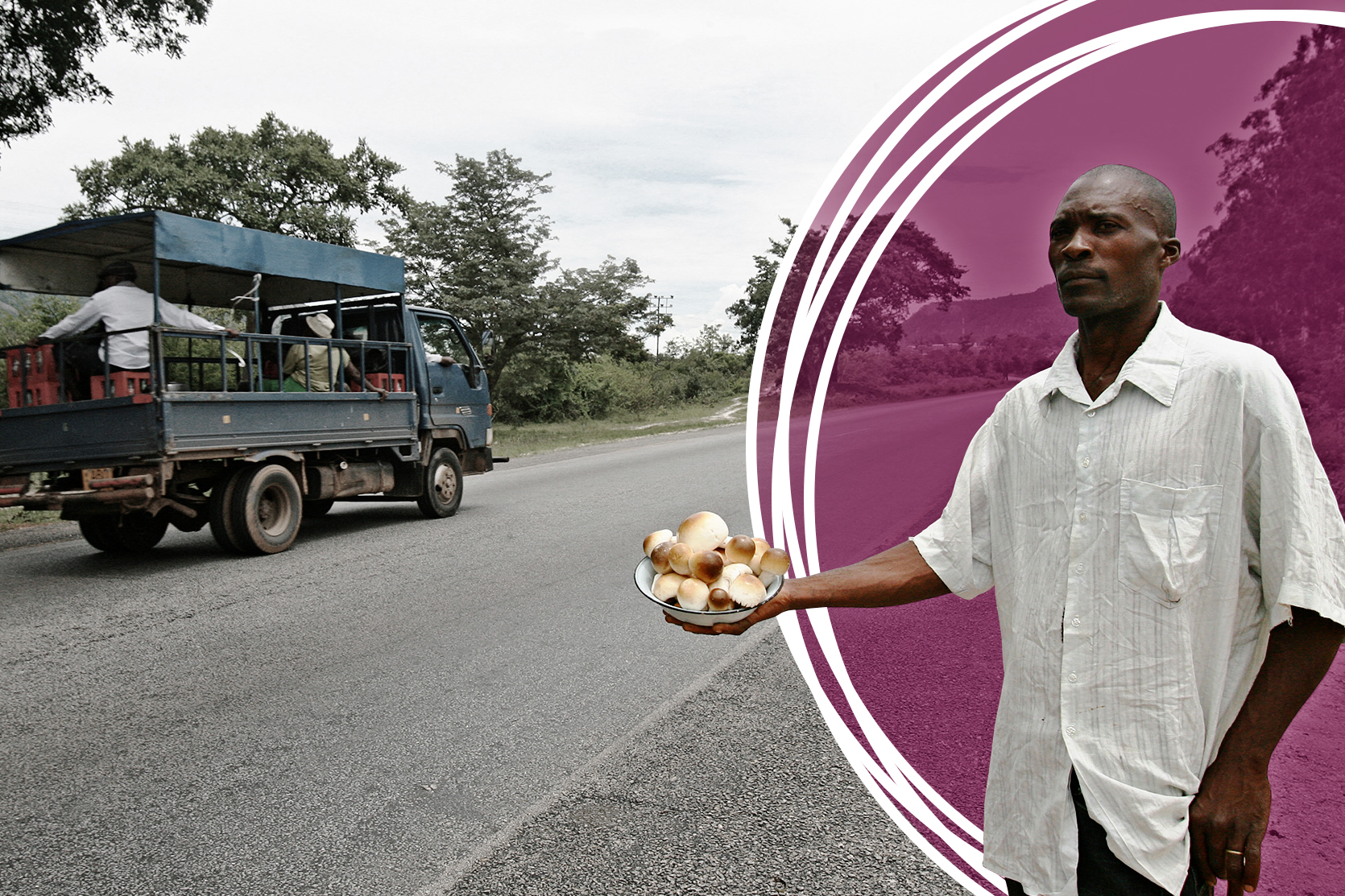
The Zimbabwean government’s plans to pay ZW$ 300 a month to a million households were screamed in a headline in the state-controlled Sunday Mail edition of 26 July. The article also ran in the weekly Sunday News the same weekend, under the headline “Monthly cash bailout for citizens”.
According to the reports, the government would implement its plan “soon” as part of efforts to cushion vulnerable people whose sources of income have been affected by Covid-19. The remarks were attributed to Finance Minister Mthuli Ncube, during an address to a Zanu-PF Provincial Co-ordinating Committee in the Matabeleland South provincial capital, Gwanda, on 25 July.
Ncube also called for vulnerable people to register under the scheme. But many people were shocked that such a paltry amount was being seriously considered. To put the figure into context, ZW$300 was enough to buy 1kg of economy beef during the last week of July. A two-litre bottle of cooking oil and a 10kg bag of maize meal were going for about ZW$350 at the end of July.
Many people were shocked that such a paltry amount was being seriously considered.
It was not a surprise that the story attracted ridicule for the government on social media. “The Govt is going to give vulnerable households US$3 each. The purpose of the pay-out is ‘to cushion people whose sources of income have been affected by Covid-19’. US$3 can barely buy 3 loaves of bread & a tin of beans. What an insult!” wrote MDC-Alliance spokesperson Fadzai Mahere on Twitter.
Yet there was little or nothing new in the announcement. On 27 March, President Emmerson Mnangagwa announced a 21-day total shutdown with effect from March 30, which left many Zimbabweans who survive through the informal sector – mainly vending – without a source of income.
The government, through Ncube, on 30 March, acknowledged that the lockdown would impact livelihoods and announced a ZW$600 million package to cover one million vulnerable households under a cash transfer programme for three months. In a statement, Ncube said the Social Welfare Department would identify beneficiaries for the facility.
US$3 can barely buy 3 loaves of bread & a tin of beans.
“Vulnerable groups in our society are the most exposed under this Covid-19 crisis,” Ncube said. The Treasury would pay out ZW$200 million per month, the amount made available to the facility, and the duration of payments would be reviewed “as necessary”, and the cash transfers would “commence immediately”. But by the end of July, government was far from reaching even this paltry target. Confusion about the intended beneficiaries of the scheme and the mechanisms used to identify them overshadowed the plan from the start.
In May, Social Welfare Minister Paul Mavima told journalists that only 201,000 vulnerable citizens would benefit from the scheme. A “new database” had identified 201,000 beneficiaries, who would receive $180, and payments had started the previous week. At the end of July, the finance ministry said that about 250,000 people were benefiting from the programme. The amount was upped to $300 person from 1 June, 2020 and the programme would continue until the end of the year, “funds permitting”.
But Ncube had originally said that “social welfare structures” would identify the beneficiaries. Later he said that a “sophisticated algorithm” would evaluate individuals’ mobile money and bank balances to identify beneficiaries. This resulted in questions being asked about government’s transparency.
At the end of July, the finance ministry said that about 250,000 people were benefiting from the programme.
The package was originally intended to mitigate the impact of Covid-19 during and after the 21-day total lockdown that began at the end of March. The lockdown was gradually eased, but on 21 July Mnangagwa announced tighter control measures, including a 6am to 6pm curfew. At the time, Covid-19 cases in the country had reached 1,820, with 26 deaths, according to official figures.
The ostensible purpose of the curfew was to stem the rising number of new infections. But many Zimbabweans believe the measure was imposed as part of the government’s efforts to silence growing dissent and ensure the failure of anti-corruption protests planned for 31 July.
On 20 July, police arrested anti-corruption journalist Hopewell Chin’ono and opposition official Jacob Ngarivhume on charges of “incitement to participate in public violence”. Ngarivhume was mobilising Zimbabweans to protest against rising corruption and the looting of Covid-19 funds by senior government officials. Chin’ono played a critical role in exposing the looting of Covid-19 funds by senior government officials and people with links to Mnangagwa’s family, as reported by Good Governance Africa in the second round of this C-19 blog series (see also GGA’s coverage of Zimbabwe here).
Many Zimbabweans believe the measure was imposed as part of the government’s efforts to silence growing dissent and ensure the failure of anti-corruption protests.
The introduction of the curfew and other restrictive measures, such as limiting inter-city and inter-suburb travel and forcing all businesses to close doors at 3pm, have once again hit Zimbabwe’s informal sector hard, worsening the predicament of vulnerable citizens. Most Zimbabweans believe the government has done very little to help vulnerable citizens during the lockdown.
“Personally, I do not know anyone who has received the pay-out – although, of course, it wouldn’t make a difference in anyone’s life if they did,” said Simba Makwiro, a fruit vendor from Dzivarasekwa high-density suburbs, who operates in Harare’s Central Business District. “In my neighbourhood there are many old people and child-headed households, but they are not receiving any assistance.”
As a vendor, he has found it “tough” to survive on the go (from hand to mouth) in “the Covid-19 era”. He spent all his savings on food during the initial 21-day total shutdown, which left him with no money to buy stock for resale. “I know many other vendors in the same predicament. Covid-19 cases keep rising while the government is afraid of a revolt, and is making it difficult for us to travel.” He felt very uncertain about the future.
“In my neighbourhood there are many old people and child-headed households, but they are not receiving any assistance.” – Simba Makwiro
In Zimbabwe, more than 7.7 million people – half the population – are food insecure, while 63% of the population live below the poverty line, according to the World Food Programme. A caring government would have put robust social support measures in place to cushion vulnerable citizens during the pandemic. But this is Zimbabwe.
Over the past two decades, the Zimbabwean government has not shown any interest in caring for its citizens. Instead, the ruling elite has focused on primitive wealth accumulation through corruption, nepotism and a deep-rooted patronage system. And to eliminate any obstacles to this, it has focused on retaining and consolidating its power. The state has been militarised, and dissenting voices stifled. As a result, services to citizens have been neglected and vulnerable citizens left to fend for themselves.
After decades of mismanagement, the Zimbabwean economy is caught in a perfect storm of problems – among them a debilitating liquidity crunch, acute fuel and foreign currency shortages, currency volatility and low-capacity utilisation. Inflation has galloped to nearly 800%, eroding savings, incomes and the purchasing power of citizens.
In Zimbabwe, more than 7.7 million people – half the population – are food insecure, while 63% of the population live below the poverty line.
“Even before Covid-19, the socio-economic situation was already very fragile,” Dr Prosper Chitambara, a senior researcher at the Labour and Economic Development Research Institute of Zimbabwe, told me. “Covid-19 has exposed our fragilities. The fragilities: limited social protection and health coverage and limited fiscal space to deal with emergencies. The most vulnerable were already living in extreme poverty. Covid-19 has exacerbated their already dire situation.”
As long ago as 8 April the government’s failure to provide safety nets for the vulnerable prompted Harare North legislator Allan Norman Markham and human rights activist Mfundo Mlilo to file a High Court application seeking an order compelling the president and his cabinet to provide support to vulnerable citizens in the form of food, cash handouts and water.
Their lawyer, Tendai Biti of Zimbabwe Lawyers for Human Rights, argued that restricting people’s movement without providing for safety nets to those most seriously affected by conditions of lockdown – poor communities, informal traders and unemployed people –threatened their rights to life and to health care and was an abdication of the state’s duty to protect citizens, both in terms of the Constitution and in terms of international law, which requires states to protect their citizens from pandemics.
The most vulnerable were already living in extreme poverty. Covid-19 has exacerbated their already dire situation.
The High Court dismissed the application, but the case was embarrassing for the government. Recently, doctors have also gone to court to compel the state to provide personal protective clothing for health personnel on the Covid-19 frontline.
While the lockdown continues, the plight of vulnerable citizens continues to worsen. Meanwhile, the pandemic is gathering pace – and is being used by the authoritarian government as an opportunity to clamp down on dissenting voices. Covid-19 is a serious public health crisis and it might be said that the government’s inadequate response to it constitutes a political health crisis. Taken together, they will ensure that most Zimbabweans continue to walk a path of agony.
We’d love to hear from you! Join The Wicked Conversation by leaving your comments below, or send your letter to the editor to richard@gga.org.
Owen Gagare is the assistant editor of the Zimbabwe Independent, a weekly newspaper, covering
business, politics and investigative stories. He has previously worked for NewsDay and the Chronicle.
Owen has also written for the Mail and Guardian and has a passion for investigative and in-depth
stories as well as human rights and governance issues.
He is based in Harare, Zimbabwe.




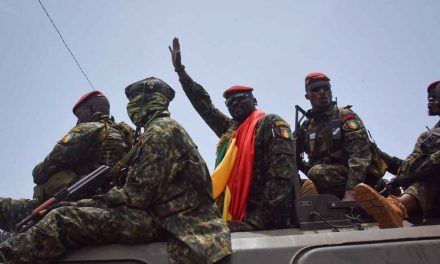
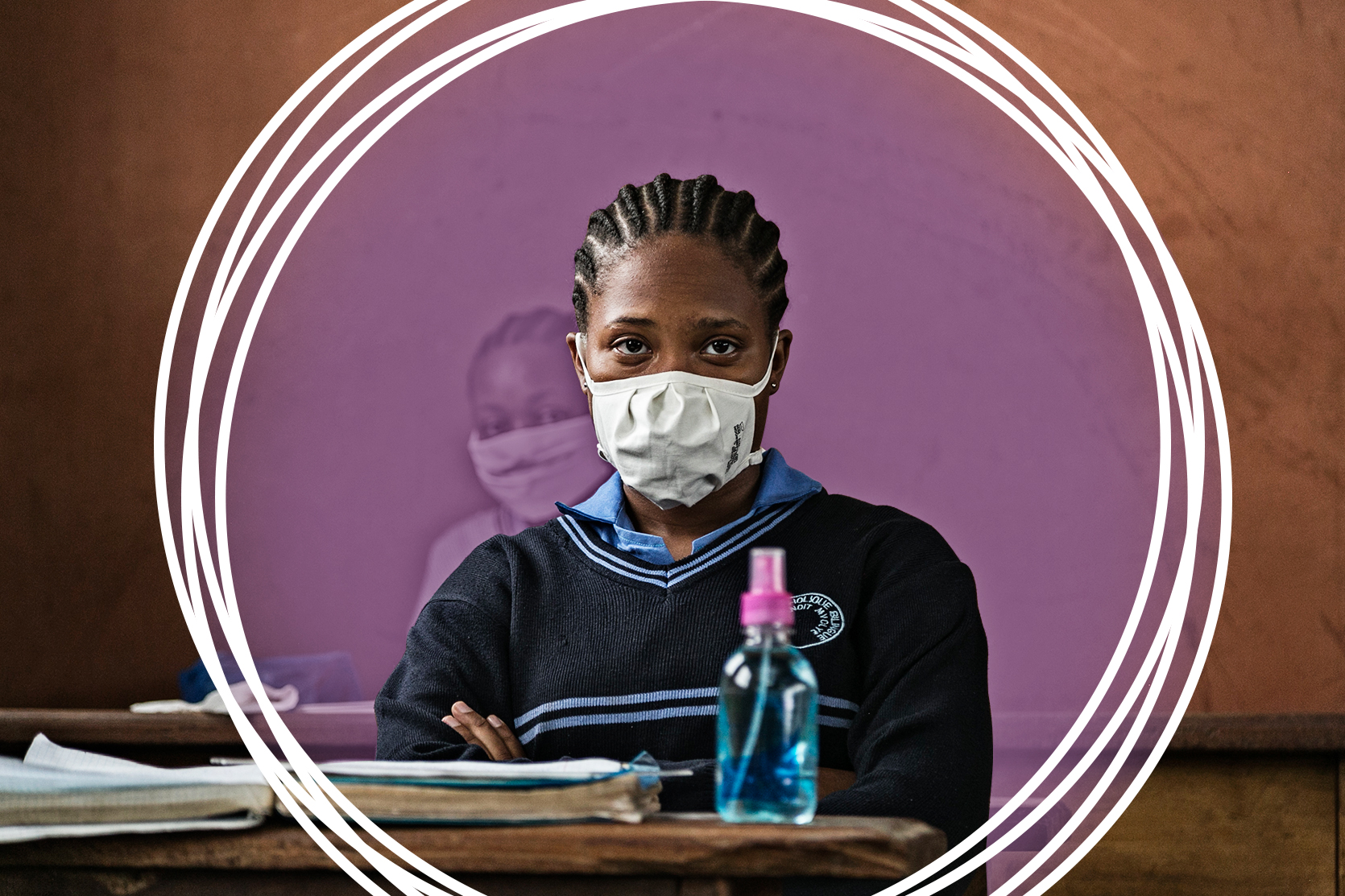
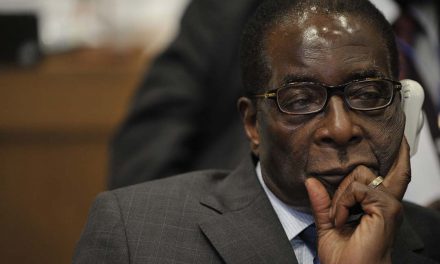
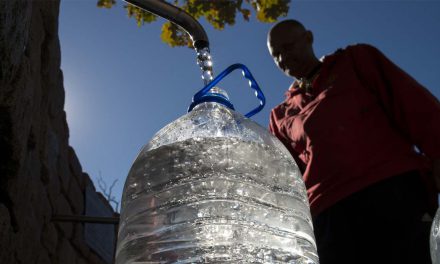


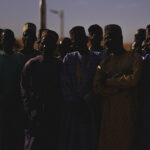

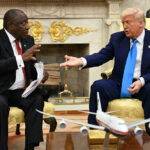


I’ve been browsing on-line greater than three hours these days, but I never discovered any interesting article like yours.
It’s lovely price sufficient for me. In my opinion, if all website
owners and bloggers made excellent content material as you did, the internet will be
a lot more helpful than ever before.
Good Day,
Many thanks for your response and your kind words. Kindly keep an eye on our page for more*
Thanks on your marvelous posting! I truly enjoyed reading it, you might be a great author.I will always bookmark your blog and definitely will come back down the road.
I want to encourage yourself to continue your great posts, have
a nice morning!
Good Day,
Many thanks for your response and your kind words. Kindly keep an eye on our page for more*
At this moment I am going away to do my breakfast,
afterward having my breakfast coming again to read additional news.
Good Day,
Many thanks for the response. Kindly keep an eye on our page for more*